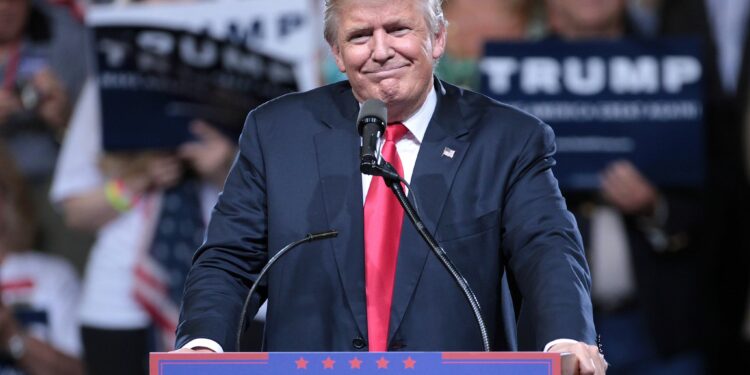
A recent ruling by a judge appointed by President Donald Trump has dealt a blow to the administration’s effort to end birthright citizenship, which has been a central pillar of its immigration policy. The ruling comes from a three-judge panel of the 9th U.S. Circuit Court of Appeals, which rejected the Justice Department’s request to reinstate Trump’s executive order limiting birthright citizenship for children born in the U.S. to undocumented immigrants.
This decision is a significant setback for the Trump administration’s immigration agenda, which has prioritized reducing illegal immigration and altering long-standing policies. The administration had hoped to implement the order as part of its broader effort to restrict illegal immigration and protect American jobs. However, after Trump’s return to the White House for his second term, the order sparked strong opposition and legal challenges from groups such as the ACLU.
The Justice Department had requested an emergency stay from the 9th Circuit after a lower court ruling blocked Trump’s executive order from taking effect. However, the panel ruled that the Justice Department failed to demonstrate that they were likely to succeed in reversing the lower court’s decision. In her concurring opinion, Trump-appointed Judge Danielle Forrest emphasized that, while the issue is important, it did not constitute an emergency. She noted that it is typical for executive and legislative policies to face legal challenges, particularly when they mark a significant shift from previous practices.
Polling data also indicates that the policy has not gained wide public support. A recent Quinnipiac poll showed that 63% of voters are in favor of keeping birthright citizenship intact, while only 29% support changing the law to prevent children of noncitizens from automatically receiving citizenship.
The legal foundation for birthright citizenship comes from the 14th Amendment of the U.S. Constitution, which guarantees that anyone born on U.S. soil is entitled to citizenship. This principle was confirmed by the Supreme Court in the landmark case United States v. Wong Kim Ark (1898), which established the precedent that all children born in the U.S., regardless of their parents’ immigration status, are U.S. citizens.
While Trump’s executive order to end birthright citizenship could be challenged further in court, it is unlikely to succeed without a constitutional amendment. Such a change would require a two-thirds majority in both the House and Senate, as well as ratification by 38 states—a process that is both lengthy and complex.
Though Trump has vowed to continue fighting for this policy, any attempt to change birthright citizenship will likely require significant bipartisan support in Congress, making a constitutional amendment the only viable long-term solution. Until then, the legal battles will continue, with the Trump administration aiming to push the issue to the Supreme Court for a final decision.
